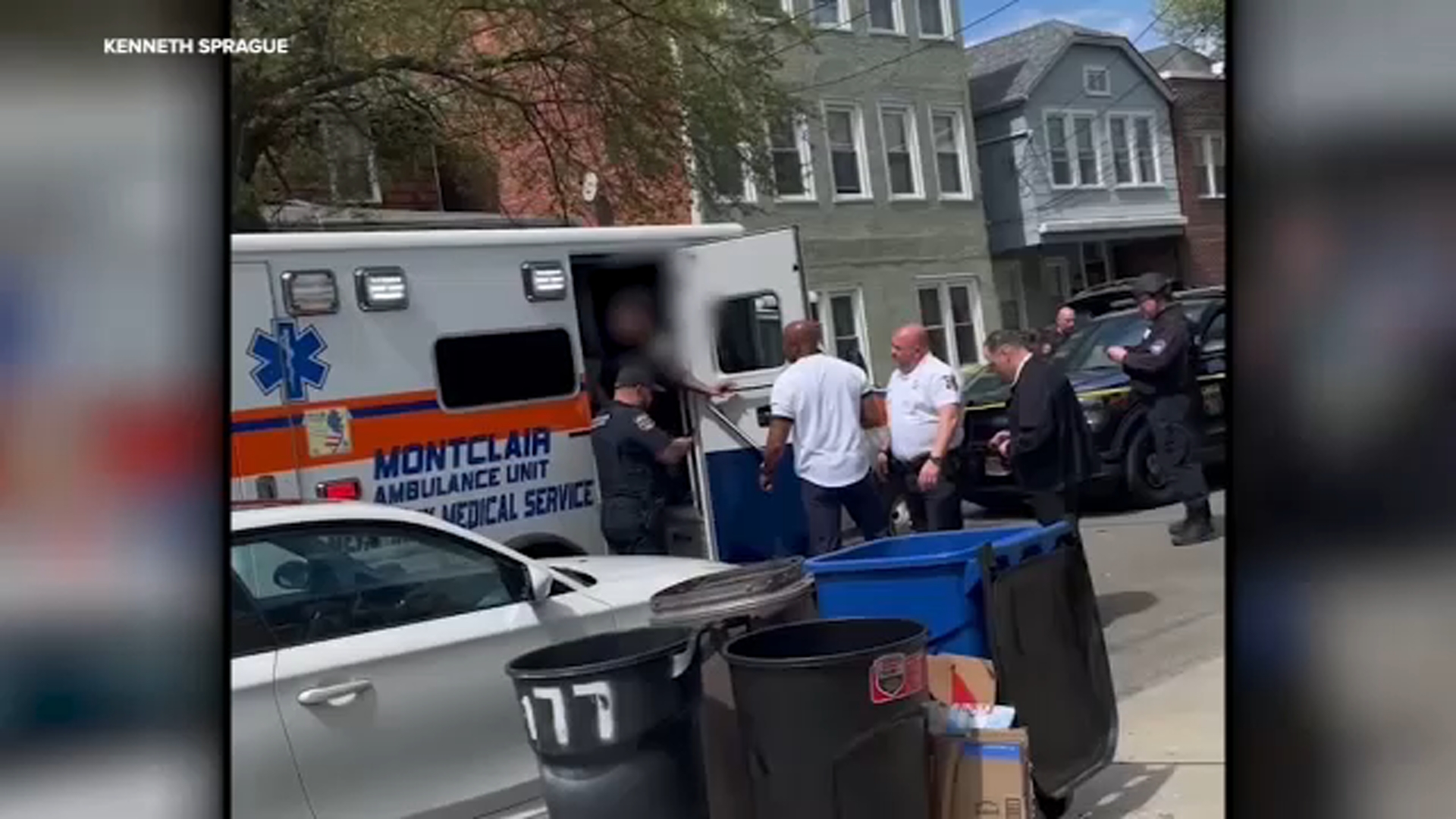6 of 7 Bergenfield Public Schools test positive for elevated lead in water
BERGENFIELD, New Jersey (WABC) -- Six out of seven Bergenfield Public Schools tested positive for elevated lead in the drinking water.
In response, Interim Superintendent Christopher Tully sent out a letter to parents and students, telling them bottled water and water coolers are being provided until tests prove the water is safe.
There was no panic, rather applause from parents and students Eyewitness News spoke to in Bergenfield because the district took a provocative approach.
The move was immediate and swift.
Maintenance staff shut off every drinking fountain and every faucet used as a drinking source or to prepare food in Bergenfield Public Schools
Testing found six of seven school buildings have elevated levels of lead in the water.
"This is the first I'm hearing of it, and if that's the case I would like to know what they're doing about it," said Marita Bernardo, a resident.
It's a concern after what has unfolded in Flint, Michigan, and closer to home in Newark.
Here is how it works: 15 parts per billion is the level that the Environmental Protection Agency sets as its "action level"
Tests in Bergenfield found lead levels exceeded that threshold in 11 of 18 tested water sources, thus needing remediation.
The highest levels of lead were found in hose bibs in the building's boiler rooms with one registering at just over 44,000 parts per billion.
"We'll probably have to be safe now by sending them bottled water. Then we'll see it's something that we can't really control. Something that is unblamable to anyone," said Bernadette Abella, a parent.
"They said they were working on it," said Emily Gill, a student.
Some parents say this yet again points to a far bigger issue nationwide.
"The government needs to do something about this; it's more than just a local thing. It's probably in most of the states that are old. Take the old stuff out and put the new stuff in," said Doug Parker, a parent.
It should be noted that the testing did not follow EPA and New Jersey DEP protocols, instead following instructions from the school district.
So the next step is to test every water source in the district and use DEP standards.
There's no word on how long that will take.




